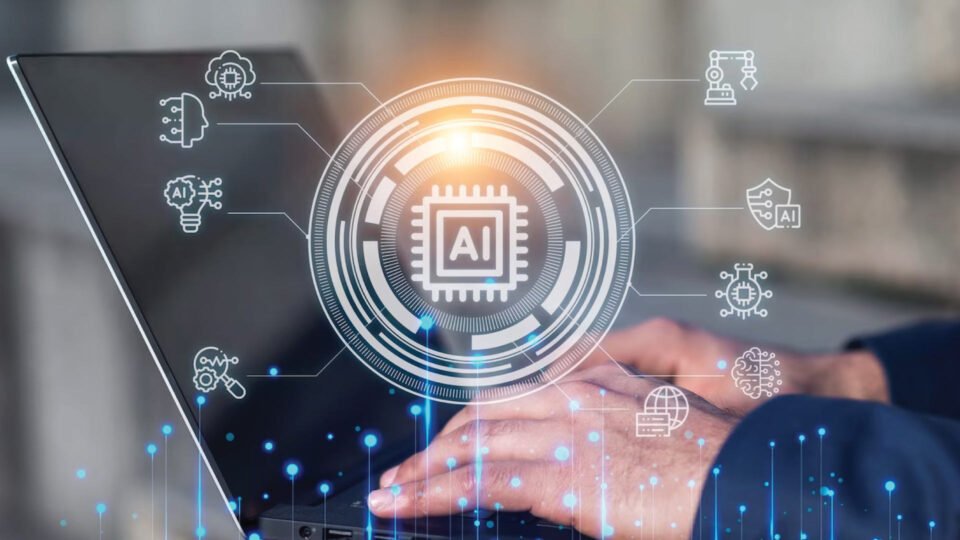Know how artificial intelligence transforms experimental design, automates analysis, and propels businesses beyond traditional A/B testing.
In the current business landscape, artificial intelligence (AI) is revolutionizing the way companies conduct experiments across the organization. This transformative approach is not just about automating processes through robotics, but redefining the very essence of experimentation. AI’s capabilities in designing experiments, learning from outcomes, and moving beyond traditional A/B testing are opening new frontiers for businesses as it allows them to identify previously unavailable opportunities and drive innovation.
Automating Experimental Design with AI
AI’s first significant contribution to experimentation is in the analysis of existing data. Traditional methods often require manual data analysis, which can be time-consuming and prone to errors. AI, with its advanced algorithms, can process vast amounts of data more quickly and accurately. Once AI analyzes the data and identifies key variables, it can suggest the most optimal experimental setups. This might involve recommendations on control groups, sample sizes, or testing methods.
Another advantage is AI systems are not static; they learn and adapt from the results of experiments making them invaluable in experimentation. When an experiment concludes, AI analyzes the results to learn what worked and what didn’t. This learning is not just about the success or failure of an experiment, but understanding the nuances of the results. In marketing, for example, AI can analyze the outcomes of different advertising campaigns, learning which messages resonate best with various audience segments.
Based on what it learns, AI can adapt future experiments for better outcomes. This might involve tweaking the variables, changing the methodology, or even redefining the experiment’s objectives. For instance, in the retail industry, AI could analyze sales data to adjust inventory levels, personalize marketing strategies, or redesign store layouts to maximize customer purchases and enhance the shopping experience.
Expanding Beyond Traditional A/B Testing
The evolution of experiments with AI extends beyond the limits of conventional A/B testing, where singular outcomes are manually analyzed. AI enables the exploration of a myriad of micro-changes, each potentially leading to significant insights.
Unlike traditional methods where experiments are often binary, AI can test a multitude of variations simultaneously. This capability allows businesses to explore a vast array of options quickly. In the context of website optimization, instead of just testing two versions of a webpage, AI can simultaneously test hundreds of variations, analyzing how minute changes in design, content, or layout affect user engagement.
AI’s ability to test numerous variations also comes with the capacity to analyze and extract meaningful insights from these tests. This is crucial in environments where small changes can have significant impacts. For instance, in financial services, AI can test numerous investment strategies over vast data sets, quickly identifying approaches that yield the best returns under different market conditions.
Another critical aspect of AI-driven experimentation is its capability for real-time analysis and adaptation. Traditional experiments are often static with analysis occurring post-experiment. AI, however, can analyze data in real-time, adapting the experiment as it progresses. This is especially beneficial in fast-changing environments like social media, where consumer preferences can shift rapidly.
The integration of AI into experimental processes marks a paradigm shift in how businesses approach innovation and problem-solving. By assisting in designing experiments, learning from outcomes, and moving beyond traditional A/B testing, AI is enabling companies to explore a broader spectrum of possibilities. This not only leads to more efficient and effective experimentation, but it also opens the door to discovering untapped opportunities that can drive significant business growth. As AI continues to evolve, its role in experimentation is set to become even more pivotal, heralding a new era of innovation on autopilot.
Visit AITechPark for cutting-edge Tech Trends around AI, ML, Cybersecurity, along with AITech News, and timely updates from industry professionals!


